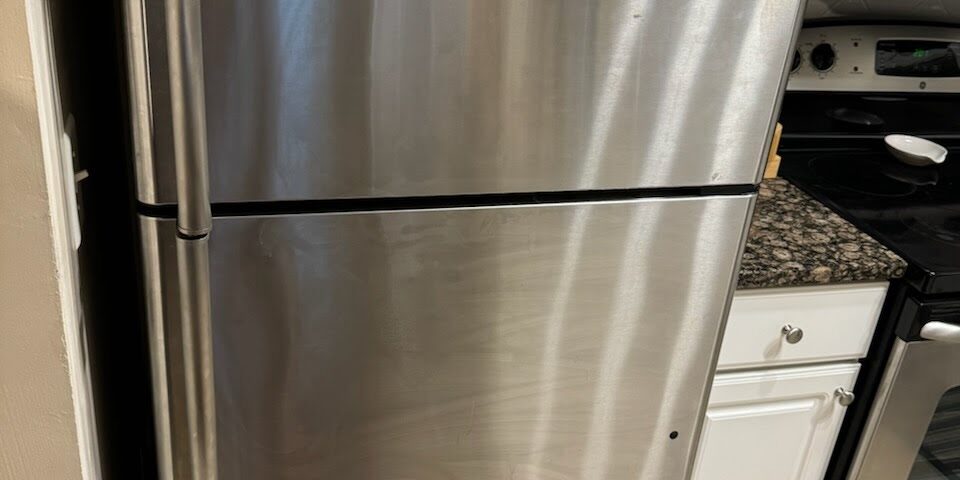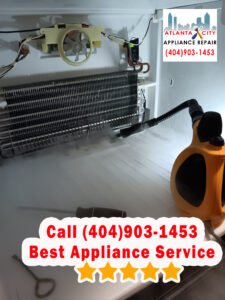It’s a common frustration among homeowners: investing in a new appliance, only to find it malfunctioning just a few years down the line. “But it’s barely been used!” they cry, bewildered by the seemingly premature failure of their trusted household companion. However, there’s a crucial factor often overlooked in this scenario: the nature of human-made machines and the demands we place upon them.
Consider this: as human beings, we all require rest and maintenance to function optimally. We take vacations, have days off, and even indulge in occasional downtime to recharge. Similarly, our appliances, while not sentient, undergo a considerable amount of stress and wear and tear during their operation.
Take refrigerators, for instance. These stalwart kitchen appliances work tirelessly, day in and day out, to keep our perishables fresh and our beverages cold. From maintaining precise temperatures to defrosting cycles and continuous compressor operation, they rarely catch a break. Over time, this relentless activity can lead to the gradual deterioration of components, resulting in malfunctions or failures.
But why do some appliances seem to last longer than others? Much like human beings, the quality of construction, frequency of use, and level of maintenance play significant roles in determining an appliance’s lifespan. Cheaper models may use inferior materials or have less robust engineering, making them more prone to breakdowns. Additionally, neglecting routine maintenance tasks, such as cleaning condenser coils or replacing worn-out seals, can accelerate wear and tear, hastening the onset of issues.
It’s also worth noting the economic realities at play. Many manufacturers operate on a business model that prioritizes turnover and profit margins over longevity. After all, if appliances lasted a lifetime, factories wouldn’t make much money. Instead, the current economic cycle relies on consumers purchasing new appliances or investing in repairs when their old ones break down. It’s a symbiotic relationship that keeps the wheels of industry turning and ensures a steady stream of revenue for manufacturers. Appliance parts stores needs to make money as well and they are part of this cycle.
So, what’s the takeaway from all this? While it’s natural to expect longevity from our appliances, it’s essential to recognize their inherent limitations. Like any machine, they require care, attention, and occasional repairs to keep them running smoothly. By understanding and accepting these realities, homeowners can better equip themselves to address appliance issues as they arise, ensuring a longer and more productive lifespan for their trusted household helpers.



